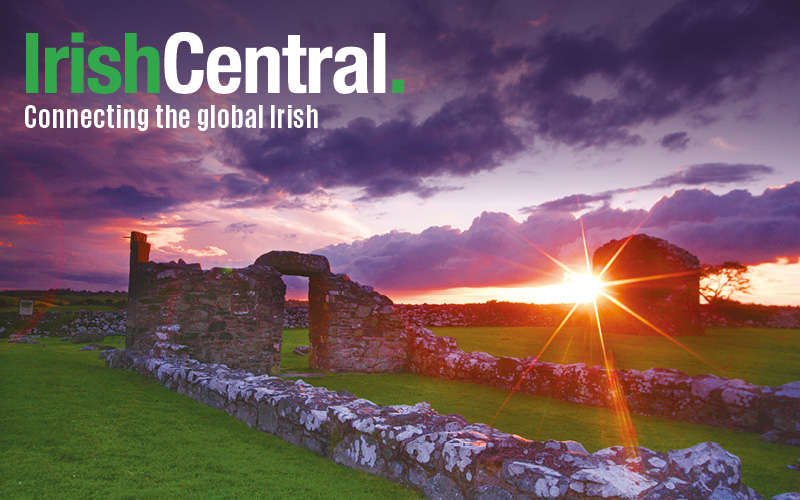Arlene Foster, who became first minister of Northern Ireland on Monday, said she will not be attending any events to commemorate the centenary of the Easter Rising.
In an interview for the BBC on the eve of her selection as first minister, the Democratic Unionist Party leader called the 1916 Rising “a very violent attack on the state.”
She said it “gave succor to violent republicanism.”
Foster, 45, Northern Ireland’s youngest ever leader and its first woman head, succeeded Peter Robinson as first minister when he stepped down on Monday. She had been elected unopposed to succeed him as DUP leader a month earlier.
Robinson, 67, announced his intention to retire from front-line politics last November, days after signing a political deal with Sinn Fein and the Irish and British governments to stabilize the rocking coalition administration.
In his final speech on Monday Robinson said he is leaving the job confident that devolution has been secured for generations to come.
Foster, from the Protestant border area of Co. Fermanagh, experienced IRA terror when her father was shot in an attempt on his life when she was only six.
She believes the late IRA activist Seamus McElwaine was behind the attempt to kill her father, a part-time policeman. A decade later she was almost killed as a 16-year-old when the IRA tried to bomb a school bus to kill its driver, who was a part-time member of the security forces in the North. Nobody was ever prosecuted for the attack,
In her BBC interview, Foster said last year had been “turbulent” for Northern Ireland, but added, “We dealt with it by talking to each other, negotiating and planning for the future.”
Speaking about her own past, she said, “I have been a victim of IRA violence. I carry that with me. I want to look to the future and build for that.
“We have the vision for Northern Ireland moving forward. We believe in Northern Ireland as a country.”
Although she said that it would not be right for her to take part in the centenary commemorations of the Easter Rising, she was clear that she would represent everyone who is a democrat.
“People are nuanced enough to know that I am very open and will represent democratic Nationalists and democratic Unionists in Northern Ireland. I certainly will not be representing violent republicanism,” she said.
Foster hopes her position as the first woman to be leader would give confidence and aspiration to other women, regardless of their background, to get involved in politics.
On Monday Irish Foreign Minister Charlie Flanagan congratulated Foster. “I look forward to working with the new first minister and reappointed deputy first minister as we work towards the full implementation of the Fresh Start Agreement. We share the same objective of achieving political stability and reconciliation in Northern Ireland that will benefit all its people, and the implementation of both the Stormont House and Fresh Start Agreements will be very important in this regard,” he said.




Comments